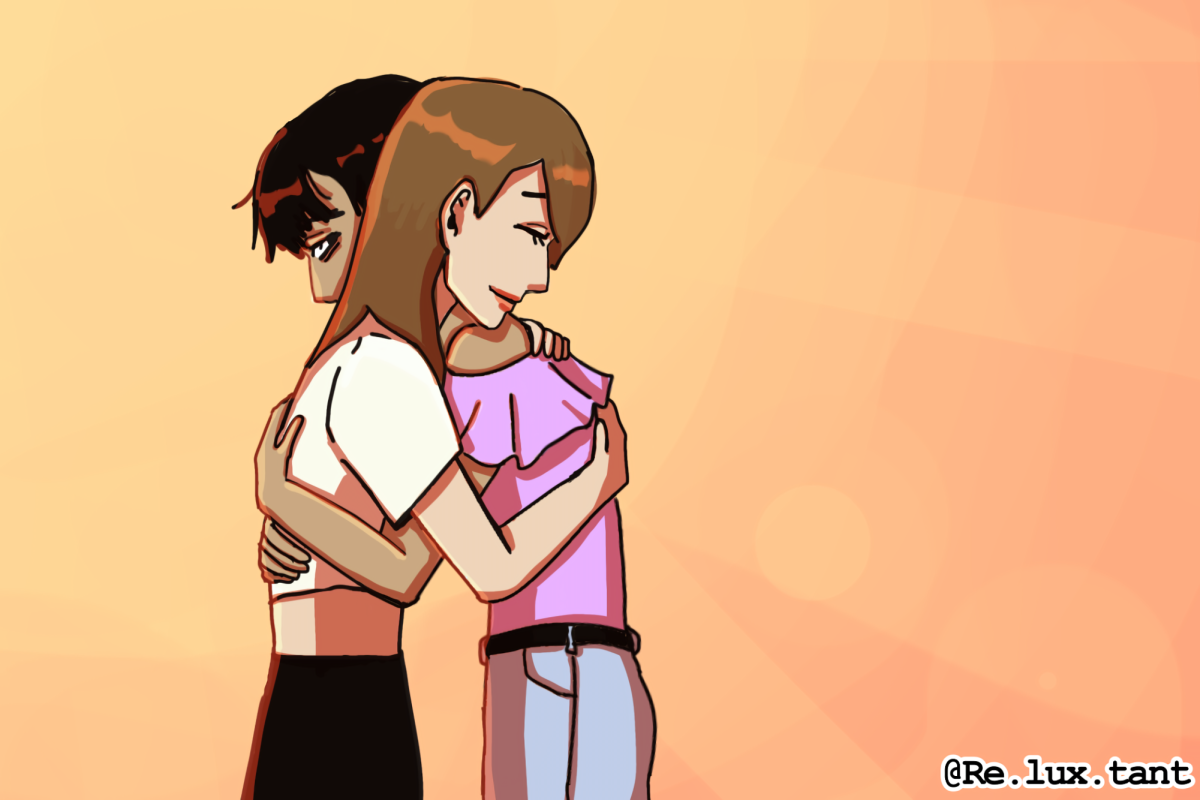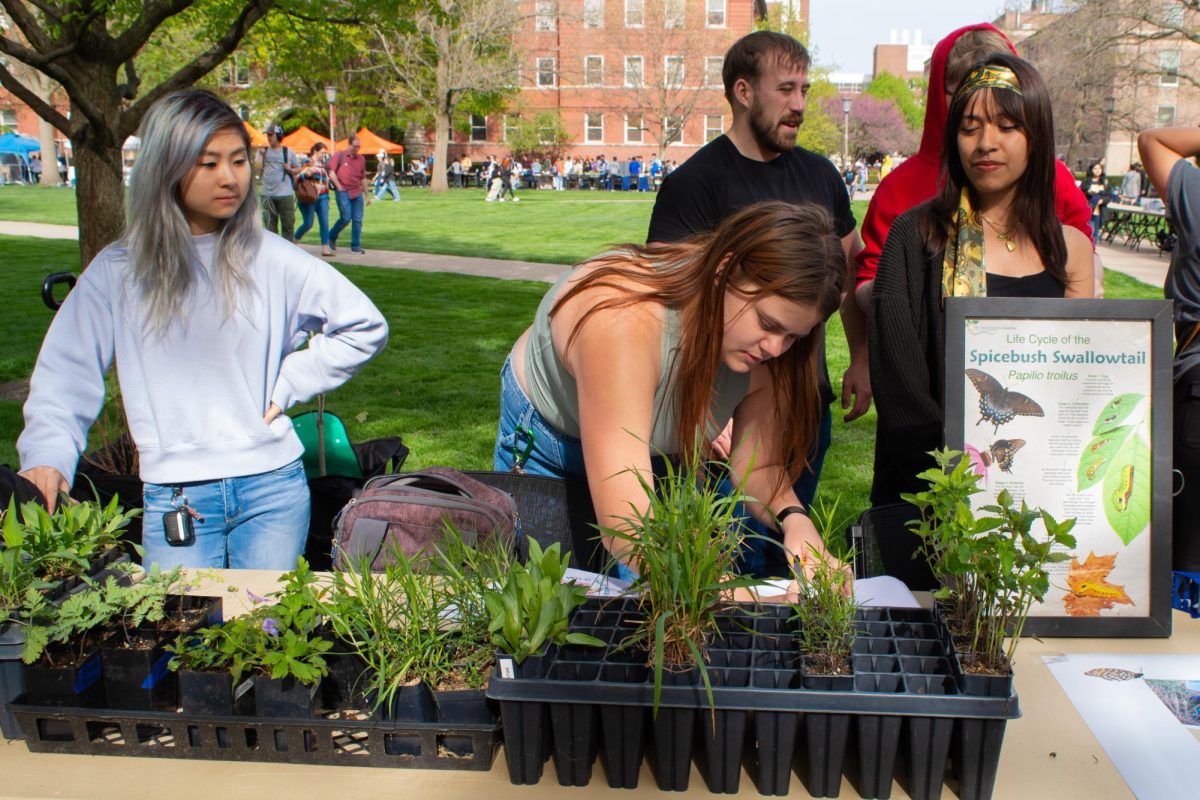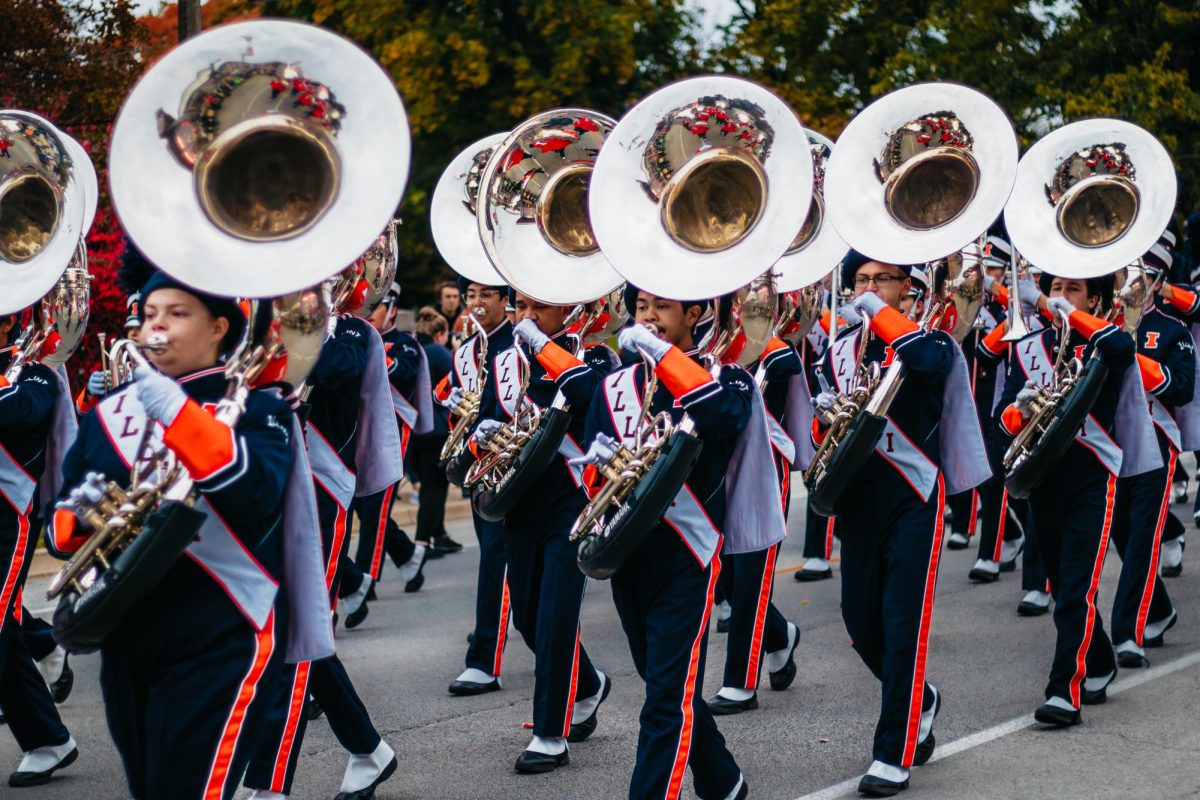College too expensive? Try YouTube.
It might seem counterintuitive to look for higher education alongside Avril Lavigne music videos, but the video-sharing site has become a major reservoir of college content.
The Google Inc.-owned YouTube has for the last few years been forging partnerships with universities and colleges. The site recently gathered these video channels under the banner YouTube EDU (www.youtube.com/edu).
More than 100 schools have partnered with YouTube to make an official channel, including Stanford, MIT, Harvard, Yale and the first university to join YouTube: UC Berkeley.
There are promotional videos like campus tours, but the more interesting content is straight from the classroom or lecture hall. Many schools have posted videos of guest lecturers, introductory classes and even a full semester’s course.
Get The Daily Illini in your inbox!
At a time when many are finding college unaffordable and the ranks of the unemployed are swelling, free higher learning can sound like a good way to spend some free time.
“There’s a huge appetite around the world for people to better themselves, to study subjects that they either never got a chance to or haven’t studied in a while,” said Obadiah Greenberg, the strategic partnership manager for YouTube.
In the past five years or so, colleges and universities have been increasingly opening their doors digitally to the public.
“That Ivory Tower reputation may be even more dated than the advent of YouTube,” said Scott Stocker, director of Web communications at Stanford.
In 2002, the Massachusetts Institute of Technology launched the MIT OpenCourseWare (http://ocw.mit.edu) with the plan to make virtually all the school’s courses available for free online.
As a visitor, one almost feels like you’ve somehow sneaked through a firewall. There’s no registration and within a minute, you can be watching Prof. Walter Lewin demonstrate the physics of a pendulum by being one himself.
Last December, MIT announced that OCW had been visited by more than 50 million people worldwide. But why would institutions that charges a huge price for admission give away their primary product?
Ben Hubbard, program manager of the webcast project for the University of California, Berkeley, believes it has always been a part of a university’s vocation.
“The mission of the university has been the same since our charter days back in the 1800s,” said Hubbard. “It’s threefold: there’s teaching, research and community service. Probably in the 1800s they weren’t thinking of it as the globe, but technology has really broken down those barriers of geography.”
In 1995, Berkeley launched its webcasts (http://webcast.berkeley.edu) with video and audio webcasts of classes.
In 2007, Apple created iTunes U, a service that allows schools to make material accessible only internally by students or externally by anyone. Most schools do a little of both.
Tools like iTunes U and YouTube EDU not only benefit the community and those called “lifelong learners” curious for a lesson or two in engineering or economics. But these services are powerful marketing tools that ultimately only provide one dimension of the college experience, schools say.
“We all see that the real value in a college education goes so far beyond the lectures that faculty give,” said Stocker. “It’s a way for people to get a taste of what the Stanford experience is, but you’re not getting a degree and you’re not getting direct interaction with faculty.”









